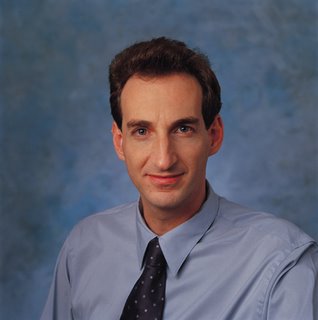Qualcomm announced today that it is developing a mobile broadcast TV receiver chip that will support DVB-H, ISDB-T and MediaFlo. Samples of the chip, called UBM (Universal Broadcast Modem), will be available in the first quarter of 2007.
This is the first announcement of a mobile TV receiver chip that will support 3 completely different standards. Siano Mobile Silicon announced yesterday at Computex Taiwan that its SMS1000 mobile TV receiver chipset is the world's first solution which supports DVB-T, DVB-H, T-DMB and DAB-IP, and is already in production. Frontier Silicon, which currently has DAB and T-DMB chips available, announced that its Paradiso FS1030 chip will support both T-DMB and DVB-H, but did not announce when it will be available. TI, on the other hand, has two separate versions of its Hollywood mobile TV receiver: DTV 1000 for DVB-H, and DTV 1001 for ISDB-T.
The variety of standards for mobile TV seems like a market reality, with no clear winner in the next few years. While some standards are geographically focused (such as ISDB-T in Japan and S-DMB in Korea), others will be implemented globably, and in some cases two or more standards will be implemented in a single country. For example, the UK will have both DAB-IP and DVB-H, Germany will have both DVB-H and T-DMB, and the USA will have both DVB-H and MediaFlo. The global fragmentation of mobile TV standards will ultimately lead to strong demand for multi-standard mobile TV receiver chipsets.
Subscribe to:
Post Comments (Atom)

No comments:
Post a Comment